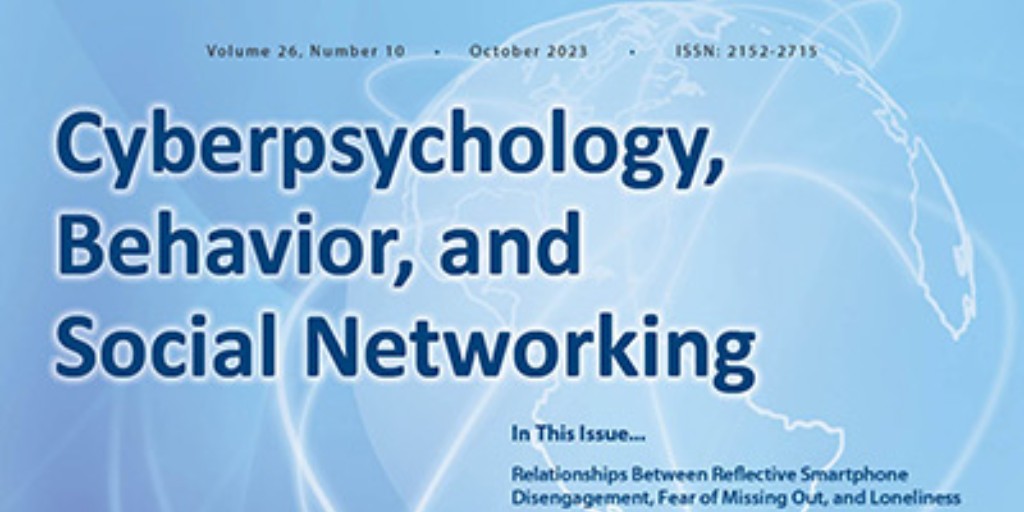Virtual Reality Medical Institute (VRMI) is a Belgian SME headquartered in the Brussels Life Science Incubator on the Catholic University’s Brussels campus in Woluwe Saint-Lambert.
For the past 15 years, the company has been using simulation technologies in three main areas:
■ To treat patients with anxiety
disorders (phobias, panic and
post-traumatic stress disorder
(PTSD);
■ To train both military and civilian
populations; and
■ To enhance educational
programmes.
The virtual environments VRMI constructs uniformly elicit significant physiological arousal to replicate real-world experiences. The VRMI team attributes its strength to a cadre of highly experienced medical and psychology professionals, working in tandem with technical team members and end-users. VRMI’s development concept utilises a three-pronged approach. New concepts for products are initially discussed with clinicians and technical members of the team, which include software developers, programmers, hardware integrators and computer graphic artists. After feasibility studies are completed, the team creates prototypes and obtains informed consent and IRB approvals. Following this, these new, virtual worlds are first tested on normal controls and then on study participants. With the participants’ permission, technical team members speak to them about their impressions and thoughts on how to improve the VR software. VRMI has found that most participants are interested in communicating with both clinical and
technical members of the team. In other settings, the latter rarely receive input directly from users, so this feedback is valuable for improving the design of future environments and products to more closely match
end-user needs. Since our team includes international collaborators, we are able to create culturally sensitive VR systems designed for a more diverse group of users. VRMI serves on EU grants as both a Dissemination and Exploitation Work Package Leader and a Clinical Partner, using a combined communications platform of an annual international conference, specialised workshops, a quarterly magazine, a
scientific journal, a website information portal and a social networking site to provide information and education to interested stakeholders, whether they be policymakers, funding agents, academics or interested individual citizens.





